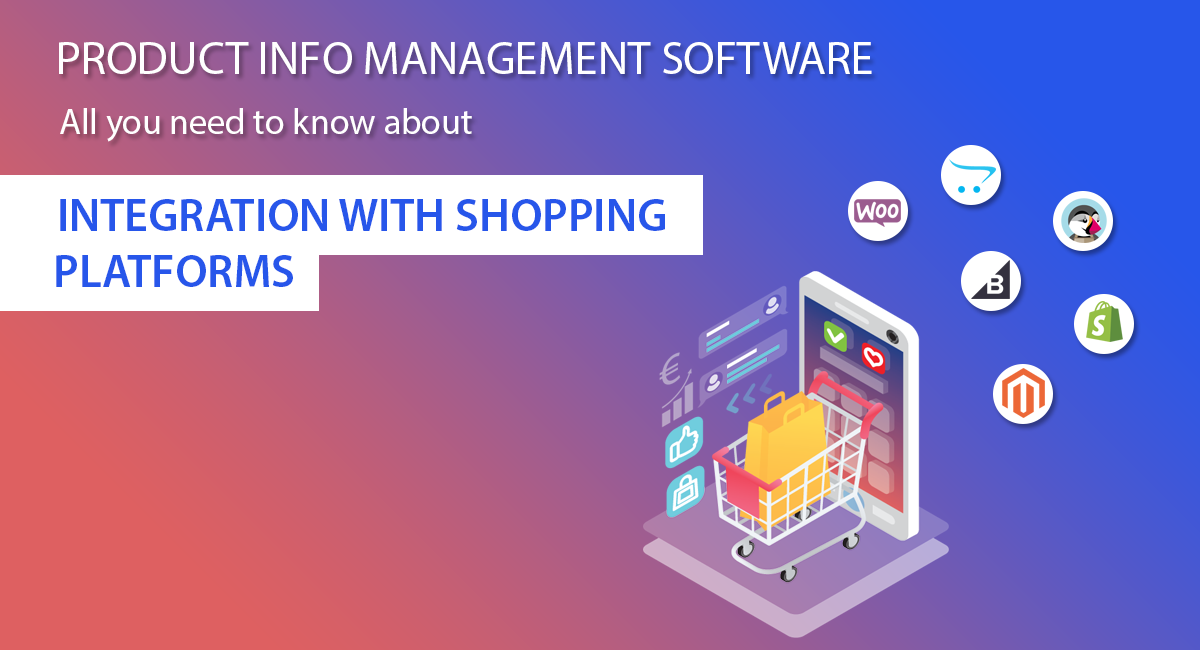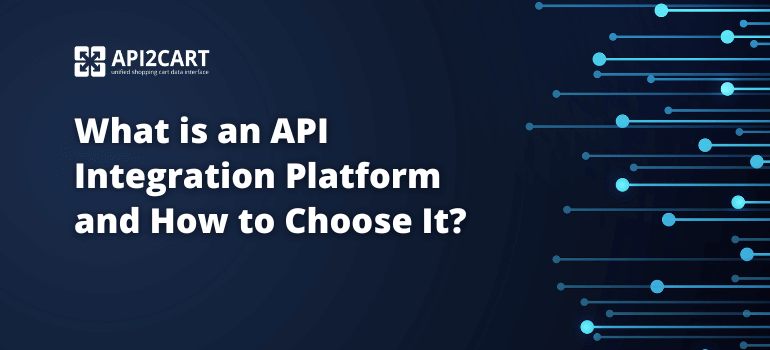
PIM (Product information management) software depends on integration with shopping carts to automate most of its operations: retrieving every single piece of content from online shop: product names, descriptions, categories, graphics, prices, variants, stock levels, customers, etc.
When building product info management software, you need to ensure it can accurately retrieve, process, and add this information. This involves developing dozens of connections, including those with shopping platforms that merchants run their stores on.
Integration with shopping carts and marketplaces powers the majority of features and processes that every PIM software covers:
- retrieve products lists along with prices images, descriptions, attributes, variants, categories, etc.
- send product info to marketplace listings on eBay, Etsy, Amazon
- add and update translated product info on webstores
- get and update customer info
- get store info like name, timezone, language, currency, country etc.
BUT integration can be harder than you think. And API2Cart does the hardest part of it for you. API2Cart makes integration with multiple shopping carts and marketplaces so much easier, faster and cheaper.
Having dealt with hundreds of integrations, our team have learned the pain points that various web and mobile applications face. With these in mind, we crafted our unified API that lets your product communicate with clients’ stores, be they based on Shopify, Magento, WooCommerce, Cubecart or any other shopping cart that we support.
In the guide you will learn all about what it takes to make your Product information management software to retrieve and add data from customers’ stores seamlessly (which are based on different shopping carts and marketplaces).



